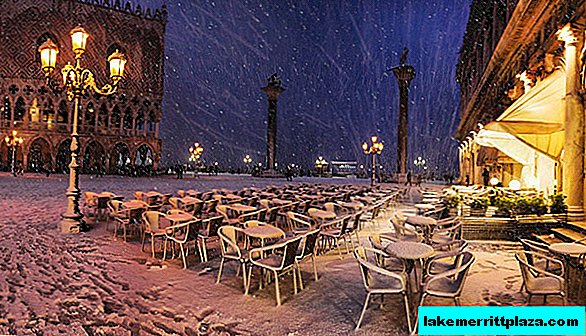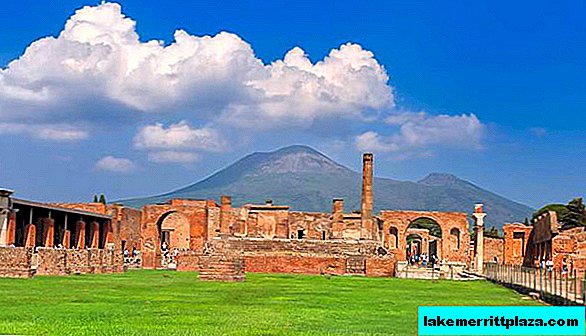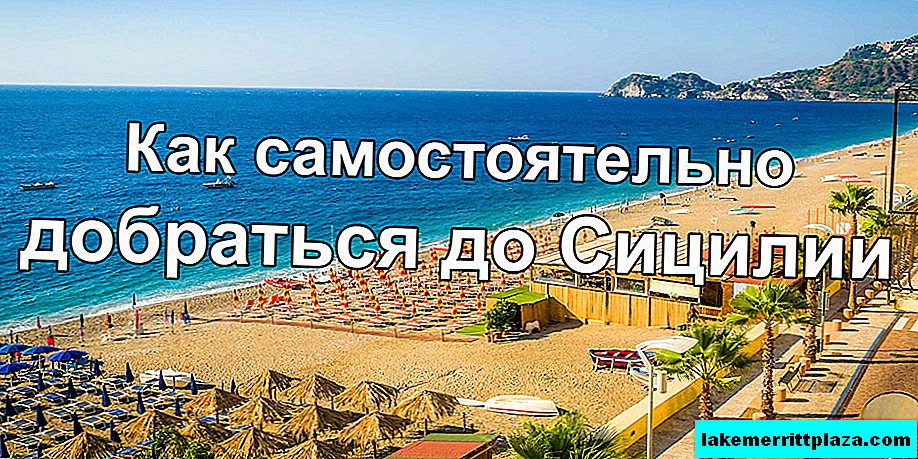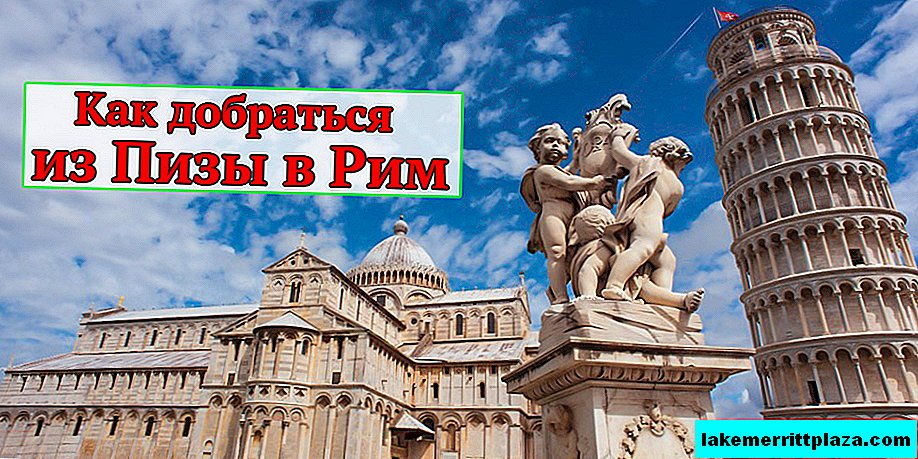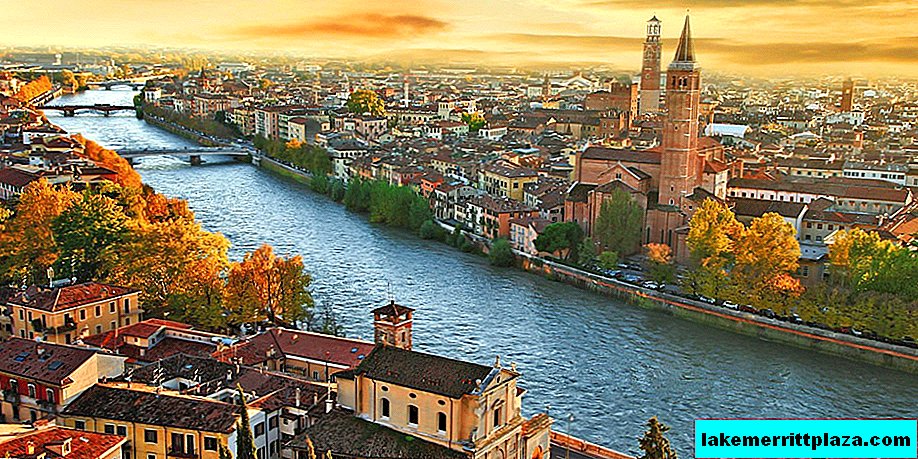The city of Füssen belongs to the federal state of Bavaria and is famous for its long and rich history. The city began in the 3rd century A.D. the Romans, who later founded the fortress here. Füssen is the end of the famous romantic road tourist route.

Füssen
City Füssen owned by federal state Bavaria and is famous for its long and rich history. The city began in the 3rd century A.D. the Romans, who later founded the fortress here. A hundred years later, the Romans were replaced by Germanic tribes. Then a milestone in the history of Füssen - board St. Magnus, who was engaged in missionary activity and even taught the townspeople to extract minerals. A monastery dating from the 12th century is still preserved in the city.
In the fourteenth century, archbishops rule here. Augsburgduring which "salt" roads were laid through Füssen, which boosted the city’s economy. The next century was marked by the foundation of the first guild for the manufacture of lutes and violins, thanks to which the city became famous throughout Europe. Füssen then became the city of weavers, and later a railway appeared in it.

Abbey of St. Magnus (Kloster St. Mang)

Füssen
By the eighteenth and nineteenth centuries, Füssen became a resort town - here healing springs and mud were discovered, the inhabitants of all of Europe again wanted to experience the healing effect. The resort is valid to this day.

Füssen
Füssen itself is a small town at the foot of Allgäu Alps, but healing springs made this province one of Germany’s best health resorts. Holidays in the city of Füssen are good both in winter and in summer.

Füssen
In summer, this is a great place for a quiet and peaceful contemplation of nature - the surrounding mountains and lakes, measured walks and medical procedures.

Füssen
In winter Fussen turns into a center for winter and ski holidays, where the trails for beginners and for professionals are adjacent.

Füssen
A moderate mild and warm climate, calm weather and a quiet, unhurried atmosphere of life of local citizens make this place an excellent resort for people of advanced age and just for those who are tired of the hustle and bustle of their native “stone jungle”.
But young tourists will also find something to do here. Füssen has excellent conditions for sailing, cycling and ecotourism. In summer, the weather is rarely hotter than +26 degrees, and in winter the thermometer does not drop below -5.
You can get to the town by train from Munich. The journey takes about two hours, and the ticket costs about 20 euros.
Füssen is not as famous as its surrounding castles. Near the city lies a village Schwangau - The village of royal castles, which is surrounded by a nature reserve and four lakes. One of the most significant sights of Schwangau is considered Royal Crystal Baths (health complex of baths and saunas).

Neuschwanstein Castle
A winding road leads uphill from Schwangau to Germany’s most famous castle and one of the most photographed places in the world - Neuschwanstein Castle (Neuschwanstein). This castle, built in the Romanesque, Byzantine and Gothic styles at the same time, is considered the most fabulous and romantic castle in the world. It was he who served as the prototype of the castle from the story of Sleeping Beauty and other similar tales. Neuschwanstein Castle can be admired for long hours outside, but inside there is something to see. The cost of admission for an adult is about 12 euros, children are free.

Hohenschwangau Castle (Schloß Hohenschwangau)
Füssen is the end of the famous tourist route "Romantic road"leading from Würzburg to the Tyrolean lands of Austria.
How do I save on hotels?
Everything is very simple - look not only at the booking. I prefer the search engine RoomGuru. He is looking for discounts at the same time on Booking and on 70 other booking sites.


